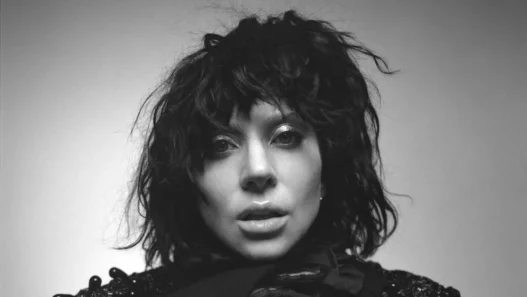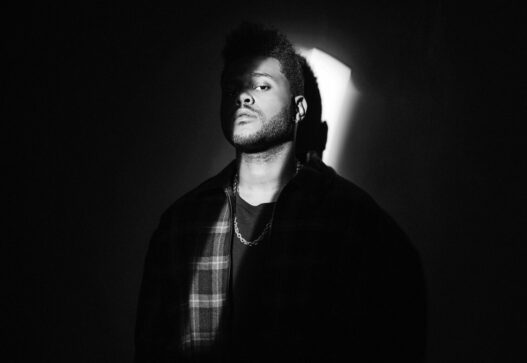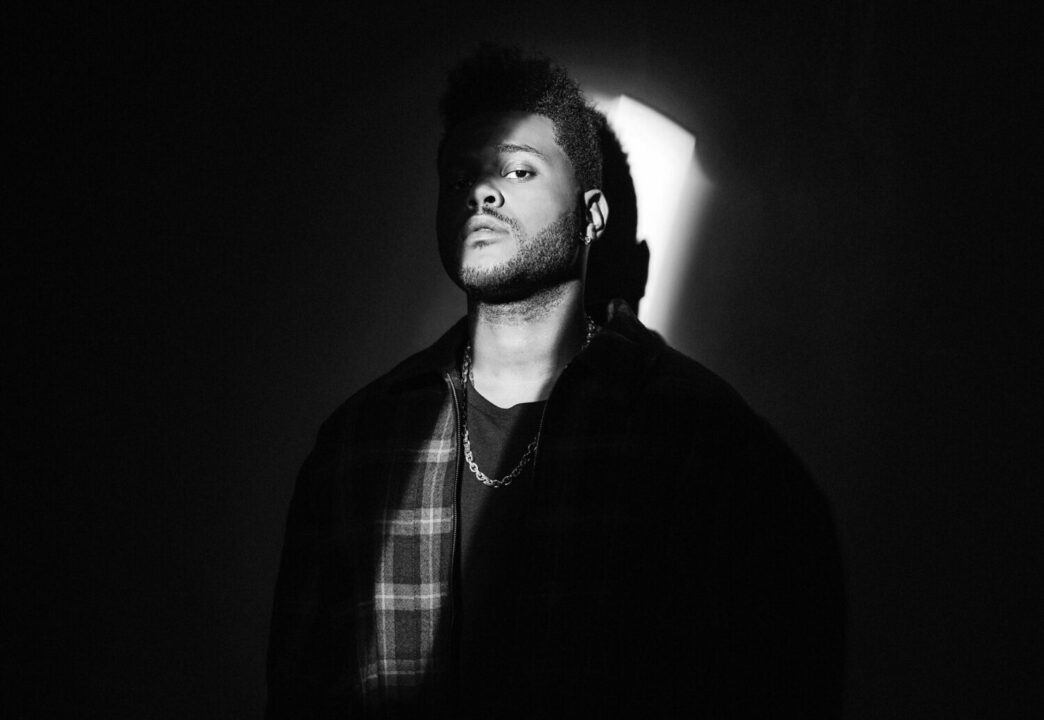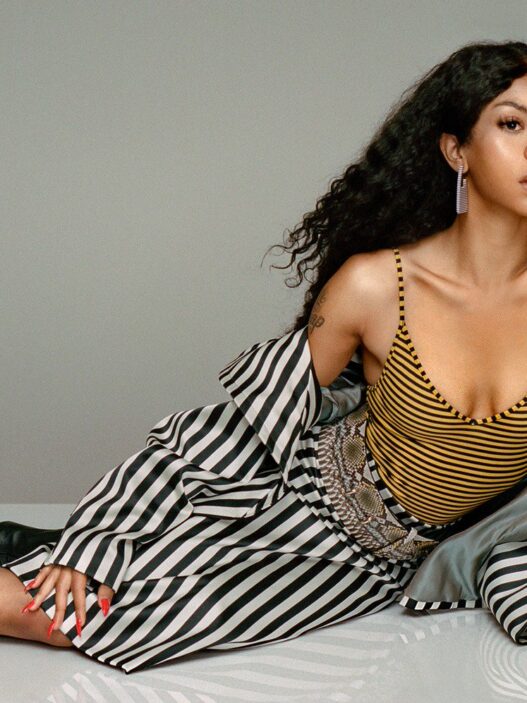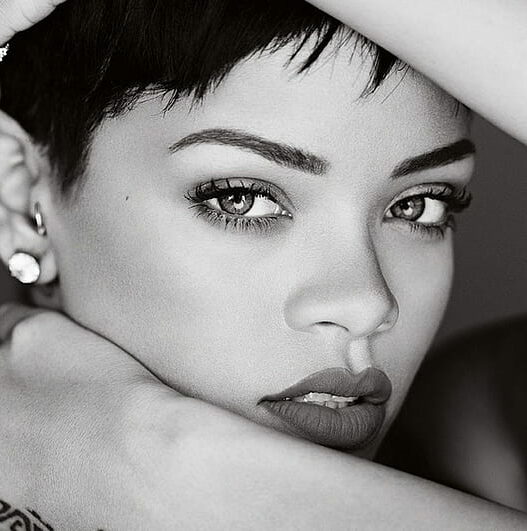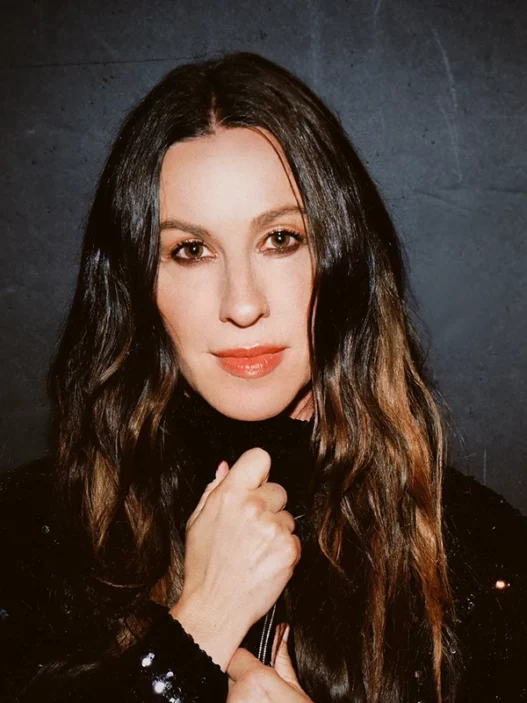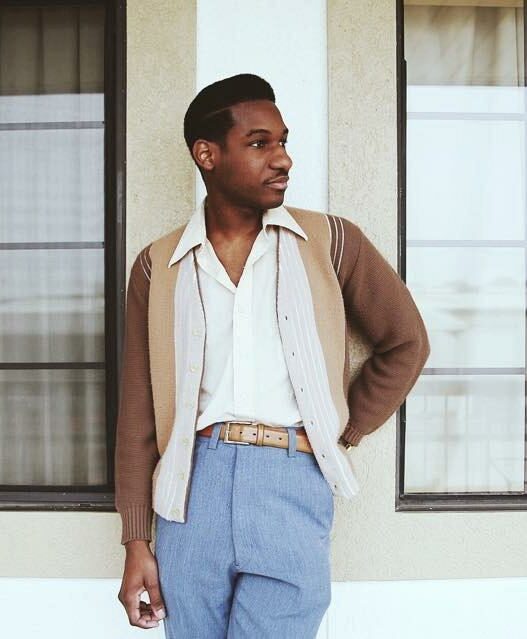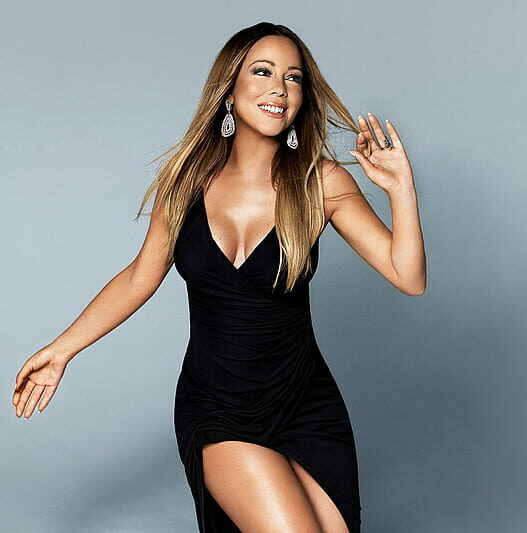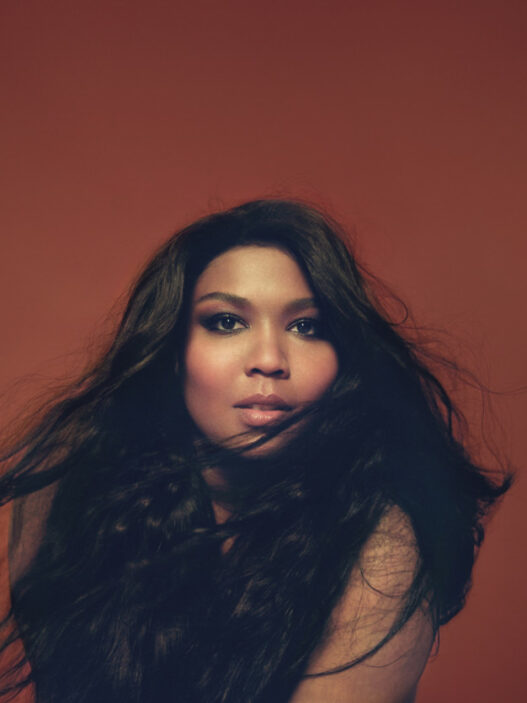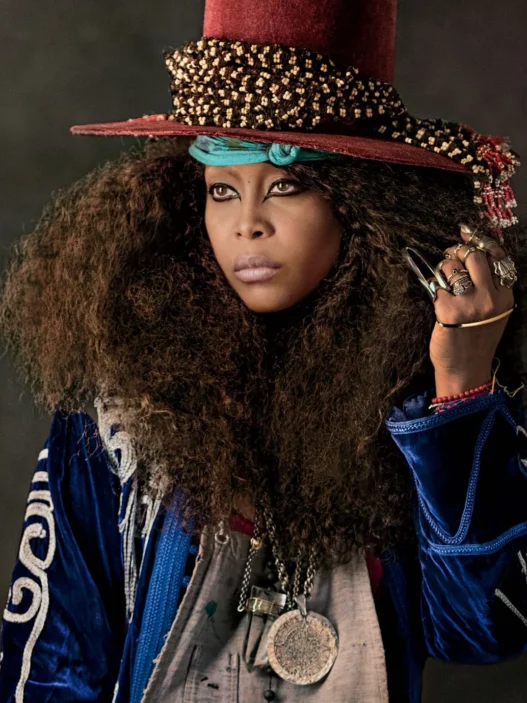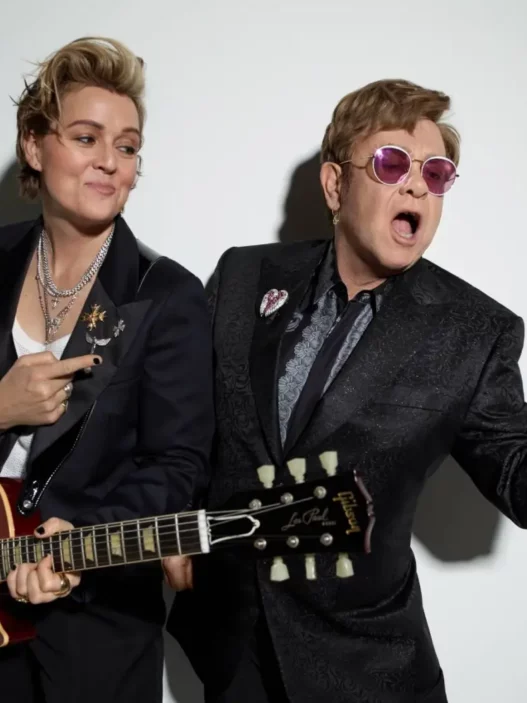The Weeknd’s latest album, Hurry Up Tomorrow, is proving to be both a commercial juggernaut and a farewell statement for the artist’s long-standing musical persona. The album debuted at No. 1 on the Billboard 200, moving 490,500 album-equivalent units, the biggest debut for an R&B/hip-hop album since Travis Scott’s Utopia in 2023. This marks The Weeknd’s fifth No. 1 album and his most successful opening week to date.
At 22 tracks spanning 84 minutes, Hurry Up Tomorrow serves as the final chapter in the trilogy that began with After Hours (2020) and Dawn FM (2022). The project’s sonic diversity, ranging from 80s-inspired synthwave to orchestral ballads and house beats, reflects The Weeknd’s artistic evolution. Accompanying the album is a feature film of the same name, set for a May 16, 2025, theatrical release. The suspense-thriller—described as a psychological odyssey—is directed by Trey Edward Shults, and stars Jenna Ortega, Barry Keoghan, and The Weeknd in his first major acting role since The Idol.
The lead single, “Timeless” featuring Playboi Carti, debuted at No. 3 on the Billboard Hot 100, with follow-ups like “Cry for Me” and “São Paulo” featuring Anitta adding to the album’s global momentum. The black-and-white music video for “Cry for Me,” released on February 11, underscores the album’s brooding tone, featuring The Weeknd navigating an eerie cityscape while a woman weeps dark, ink-like tears.
In an interview with Variety, The Weeknd, born Abel Tesfaye, confirmed his departure from his stage name, stating: “You have a persona, but then you have the competition of it all. It becomes this rat race: more accolades, more success, more awards. It never ends until you end it.”
While Tesfaye has hinted at future creative endeavors, Hurry Up Tomorrow signals a clear shift in his artistic trajectory. His farewell stadium tour, which runs from May to September 2025, will be his last under The Weeknd moniker. The setlist is expected to pull from across his career, blending Trilogy-era deep cuts with stadium anthems like “Blinding Lights” and “Save Your Tears.”
With Hurry Up Tomorrow, The Weeknd writes his own ending, leaving behind a body of work that has defined contemporary pop and R&B for over a decade. What comes next for Abel Tesfaye remains uncertain, but his ability to reinvent himself has already been proven.







